It’s no secret that nutrition is a huge part of elite sport. The days of regular heavy drinking among top-flight footballers are long gone, and players now have strictly controlled diets to ensure all their fuelling and recovery needs are met.
Every aspect of the nutrition programme is considered, from the proportions of different food types to the timing of when meals are taken.
Each meal will differ depending on the demands of the day, but there’s a fairly standard blueprint that applies to training and match days.
Typical Training Day
On a typical training day, footballers will usually eat five times.
They’ll start with breakfast containing a good amount of carbs and protein to fuel them for their morning training session. This could be a spinach omelette with a side of fruit or a bowl of porridge with berries and nuts.
After training, the players will take a lunch high in protein to aid muscle repair. This could be salmon or chicken along with vegetables and some low gi carbs like sweet potato or quinoa.
A mid-afternoon snack might be greek yogurt with fruit before another balanced meal for dinner involving a lean protein source, legumes and more vegetables.
Most teams also take a protein snack with some fruit before bed to aid muscle repair during sleep.
Match Day
Proper fueling is one of the major focuses on match day for modern-day Premiership teams.
Around three hours before kick-off, the players will eat a meal containing around 1-3g of high-glycemic carbs per kg of bodyweight. This could be a breakfast of cereal alongside white toast with jam if it’s an early kick-off.
Hydration also takes priority, with players aiming to take on at least 1000ml of fluid before the match and often sipping electrolyte drinks to maximise water retention.
About an hour before the game the player might have an energy bar for a convenient source of carbohydrates, but they don’t want to go onto the field feeling bloated.
Right before taking the field, many players like to take an energy gel containing a last hit of carbs and some caffeine.
Following the match, the nutrition team switches its focus to recovery. A protein shake will be on hand right after the game to provide around 20g of protein and 20g of carbohydrate to start the refuelling process.
The post-match meal, which is usually cooked by the chef in the kitchen on the team bus after away games, might be sushi or chicken fajitas with sweet potato wedges.


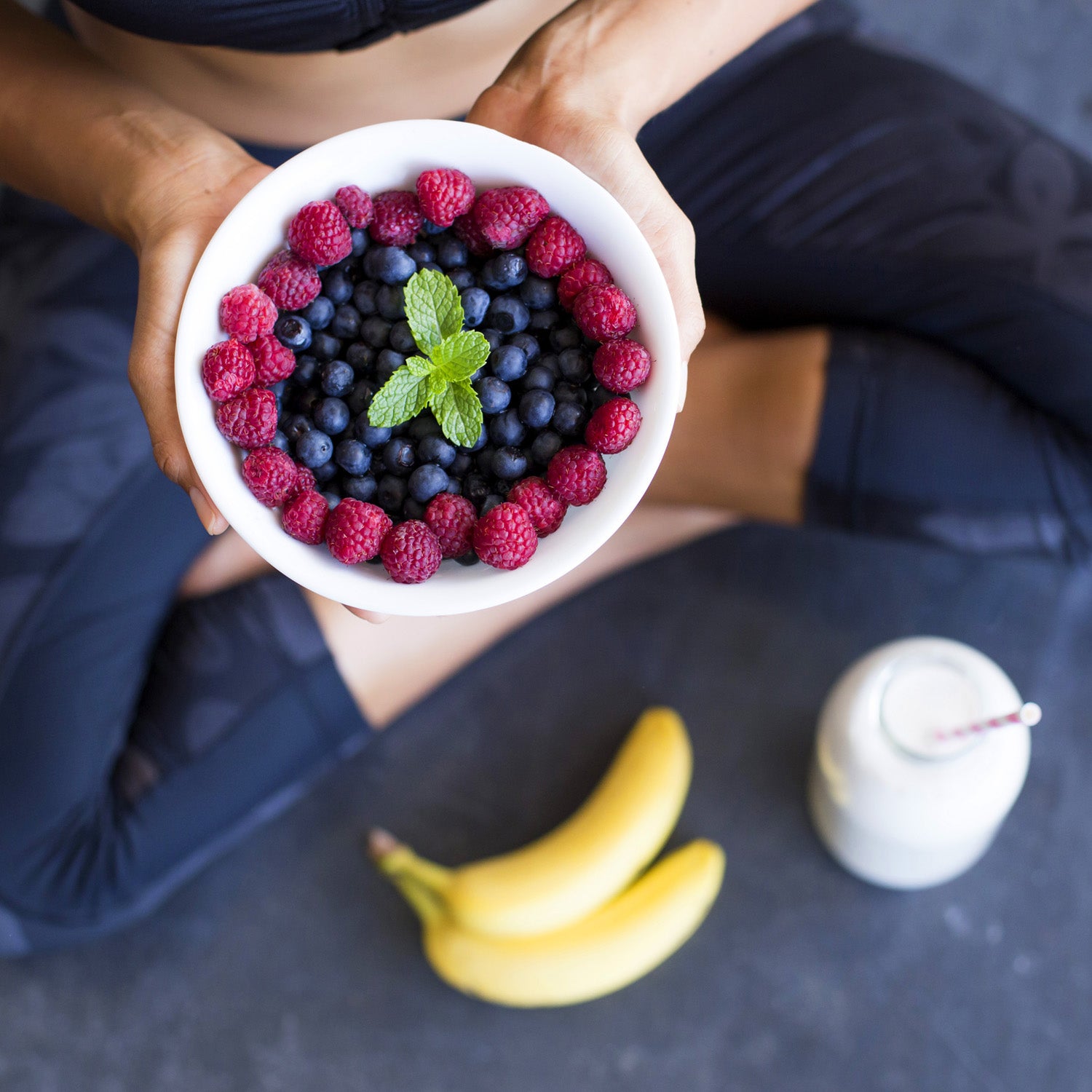

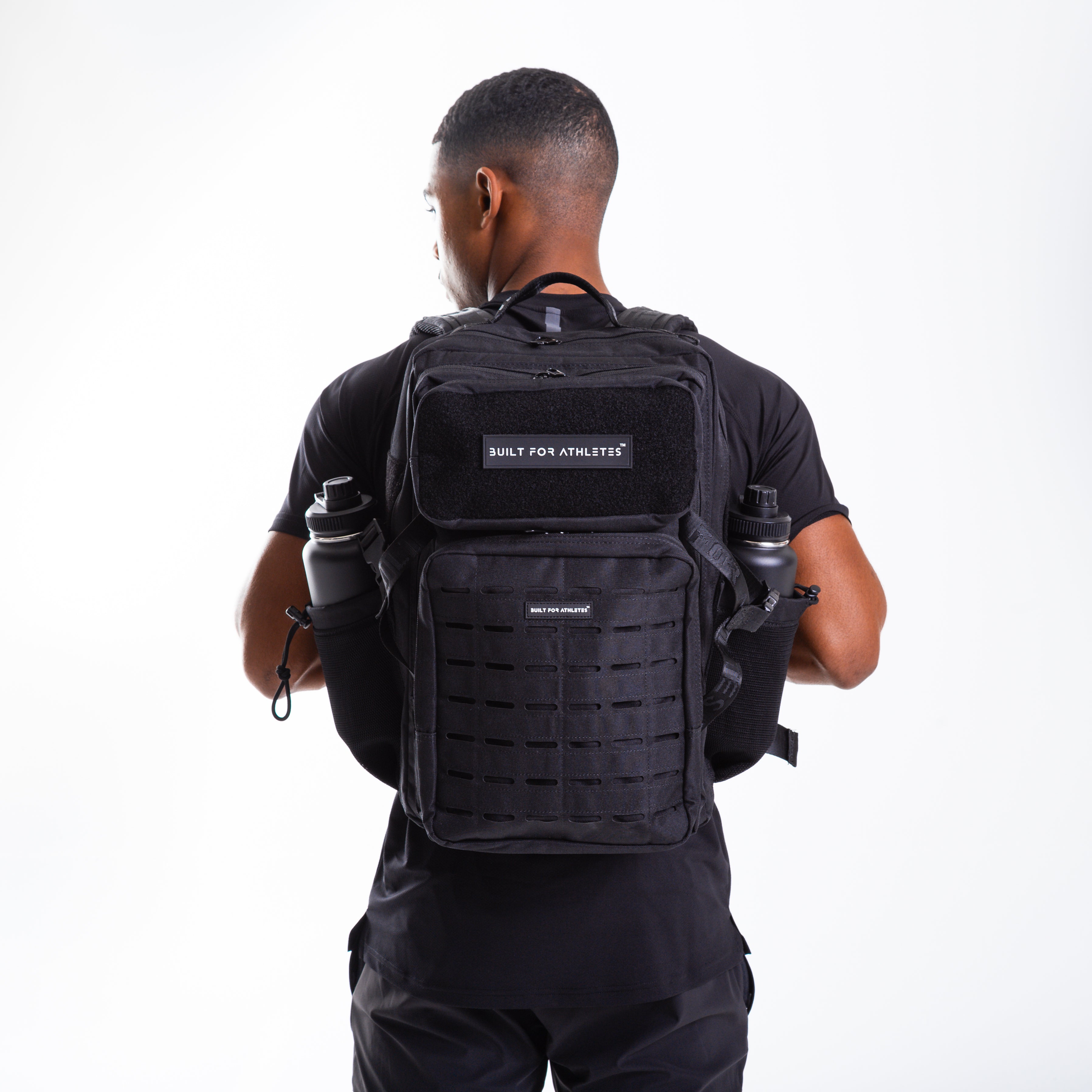
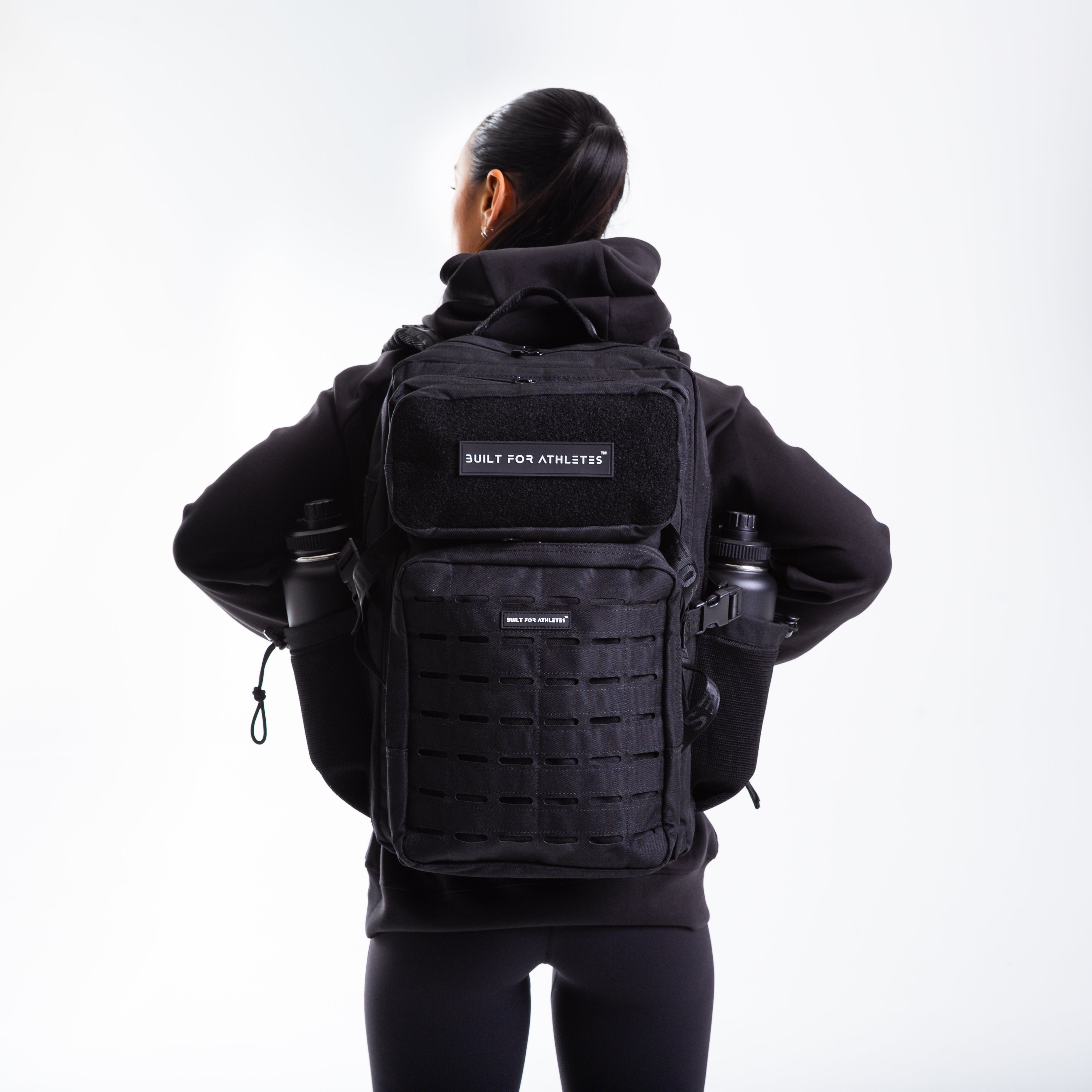
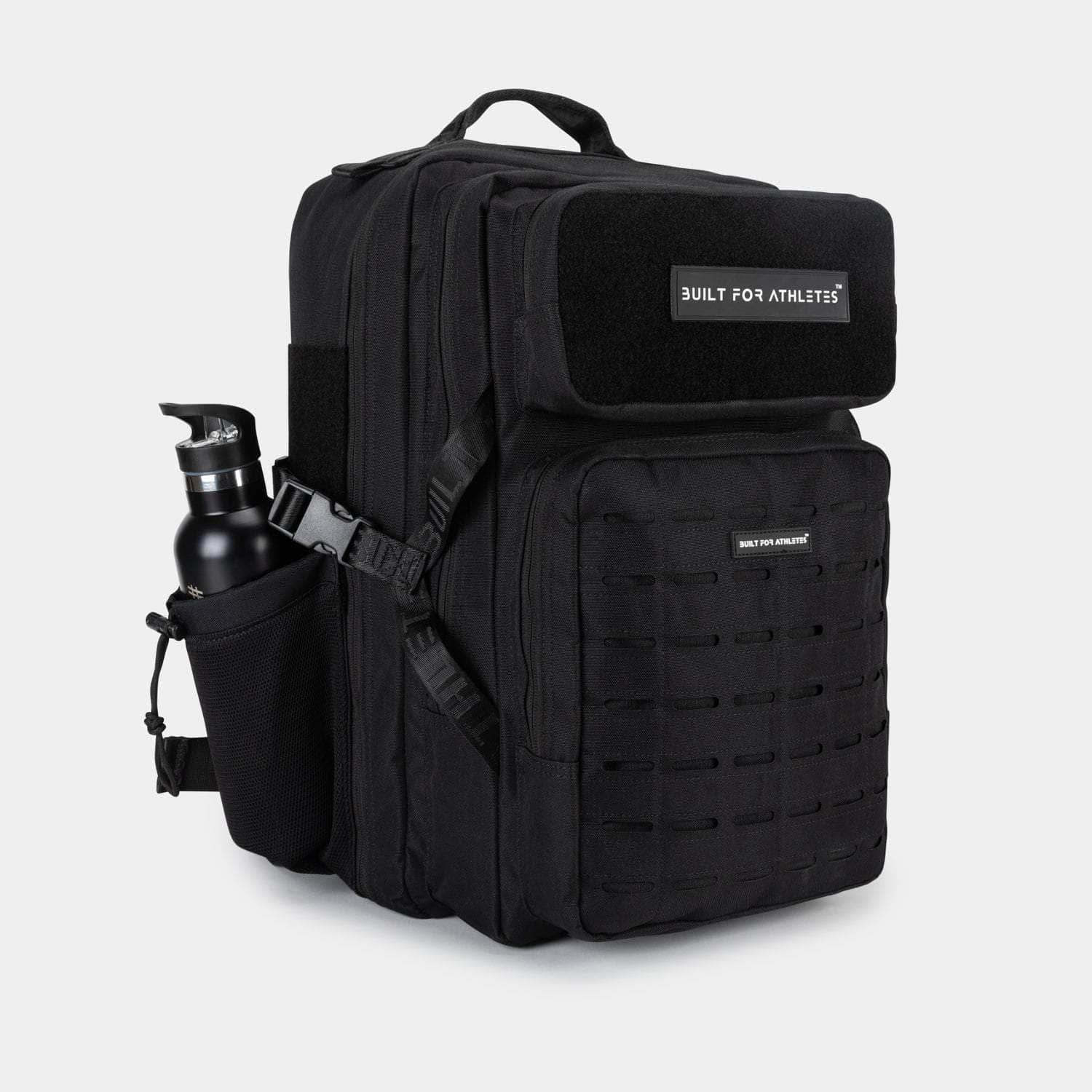






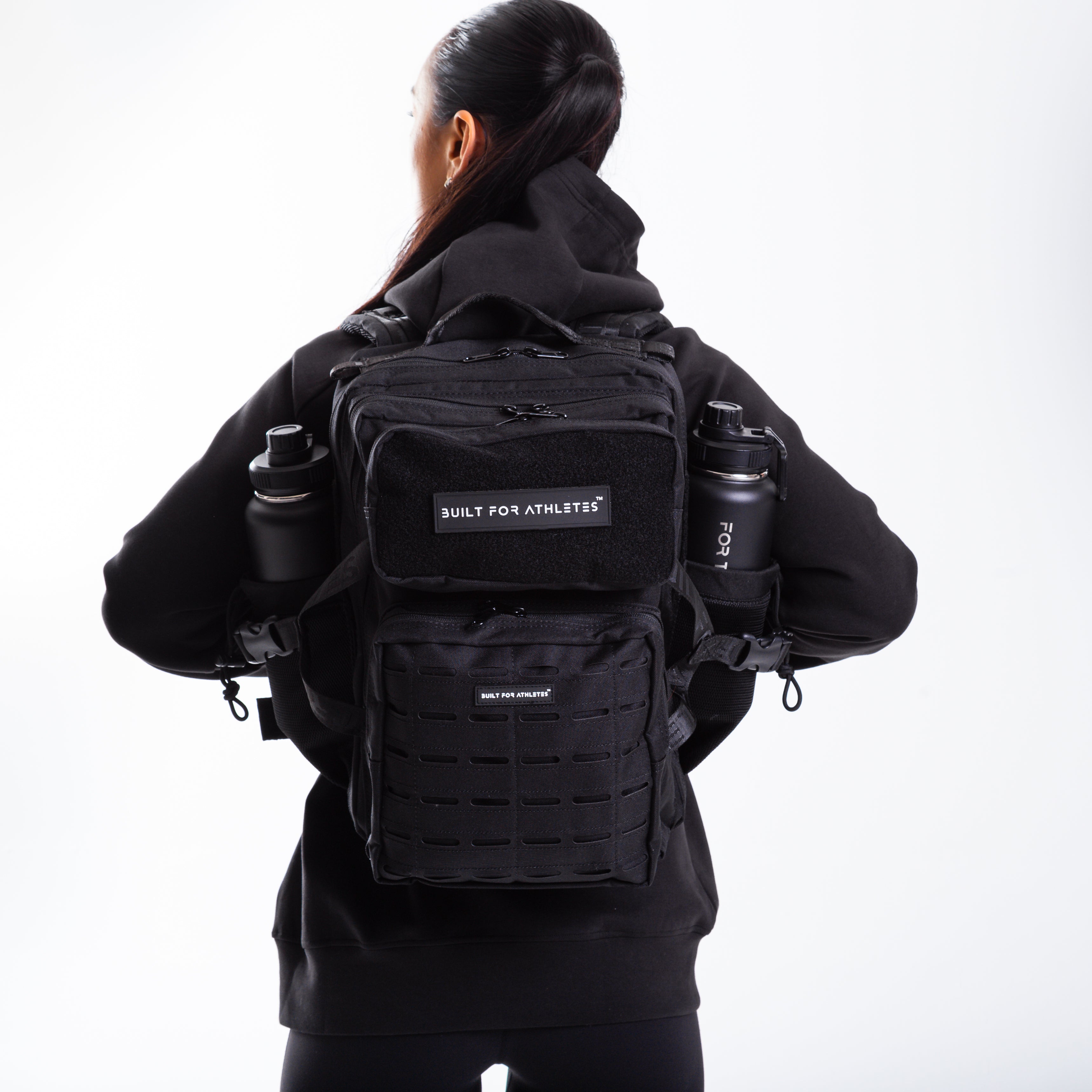
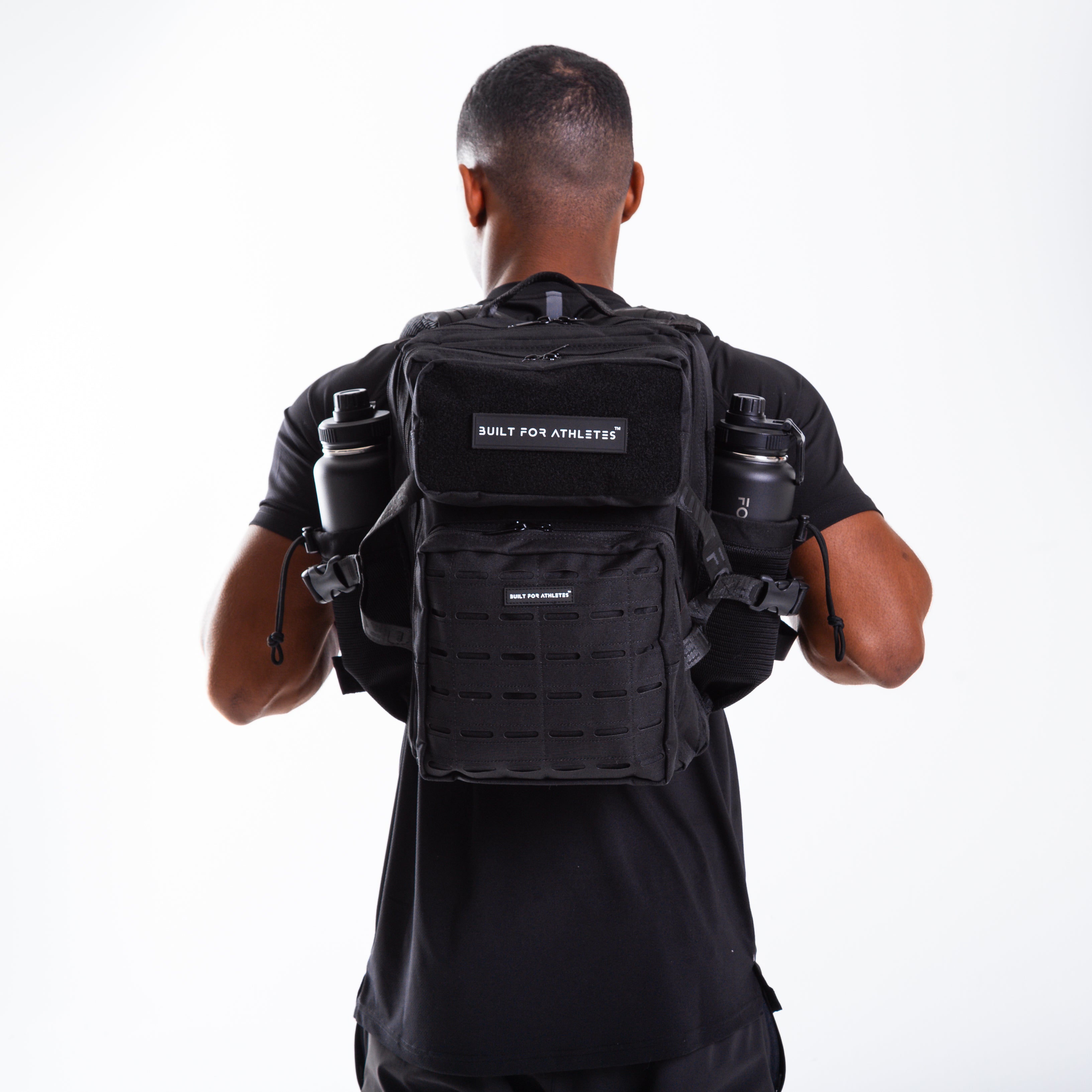
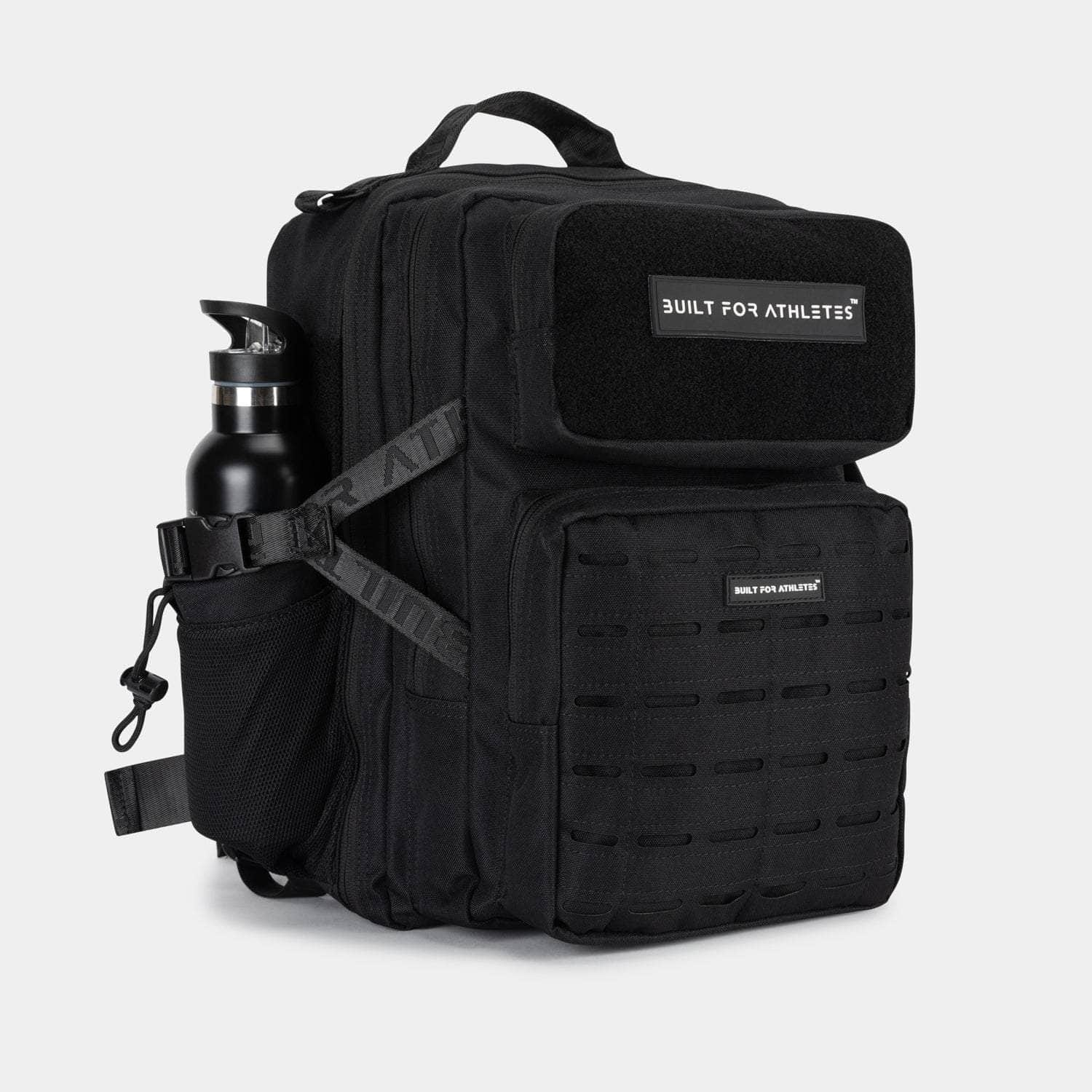




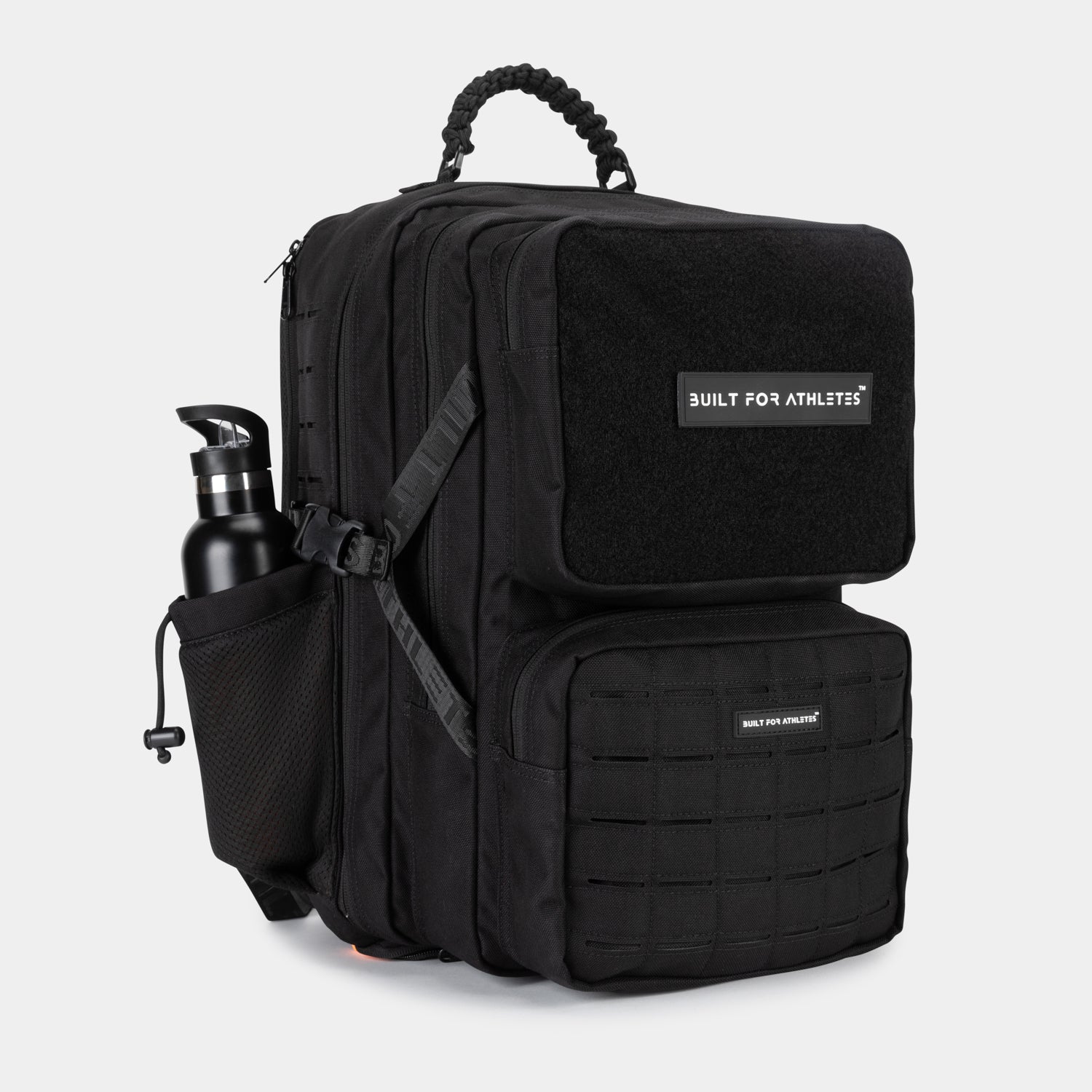

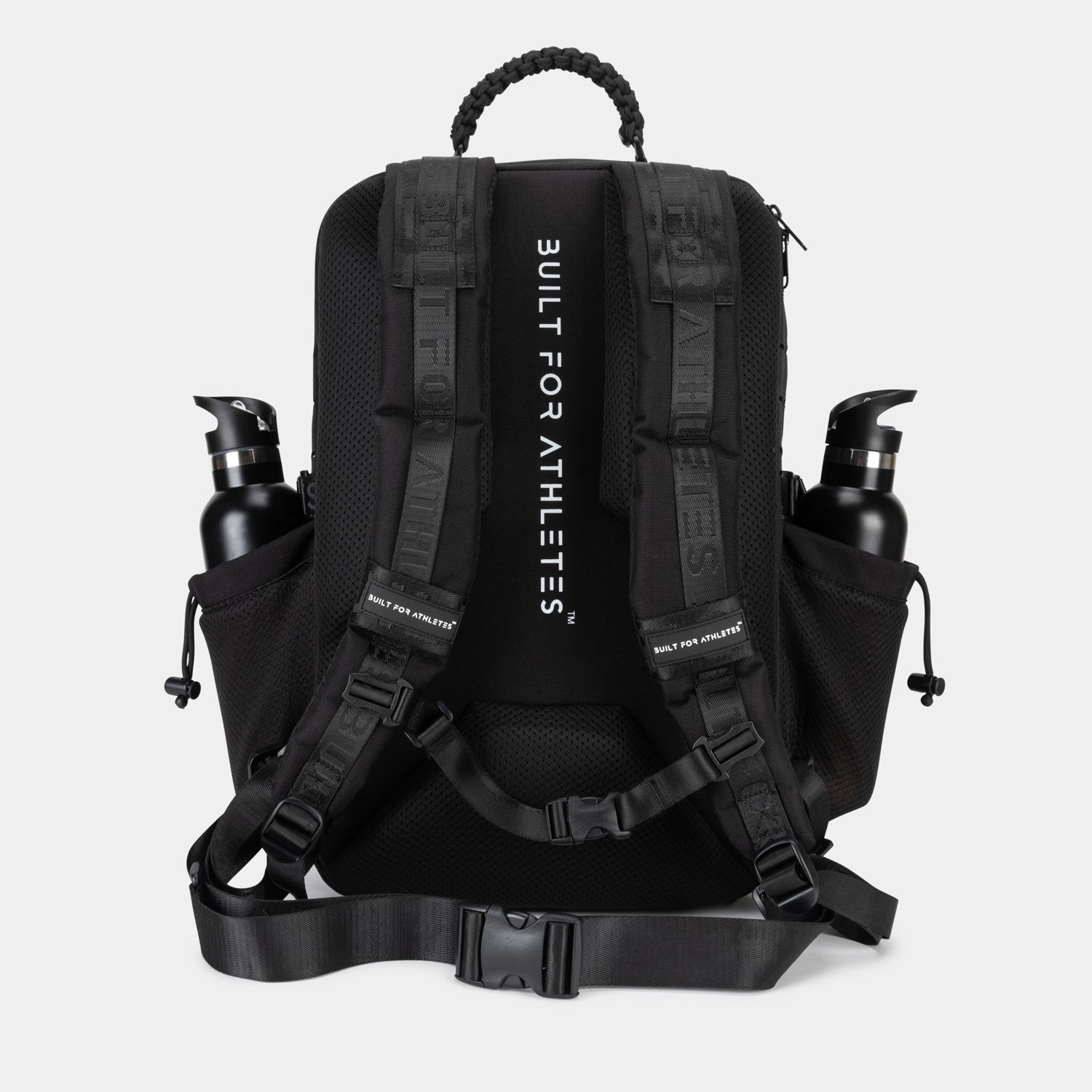








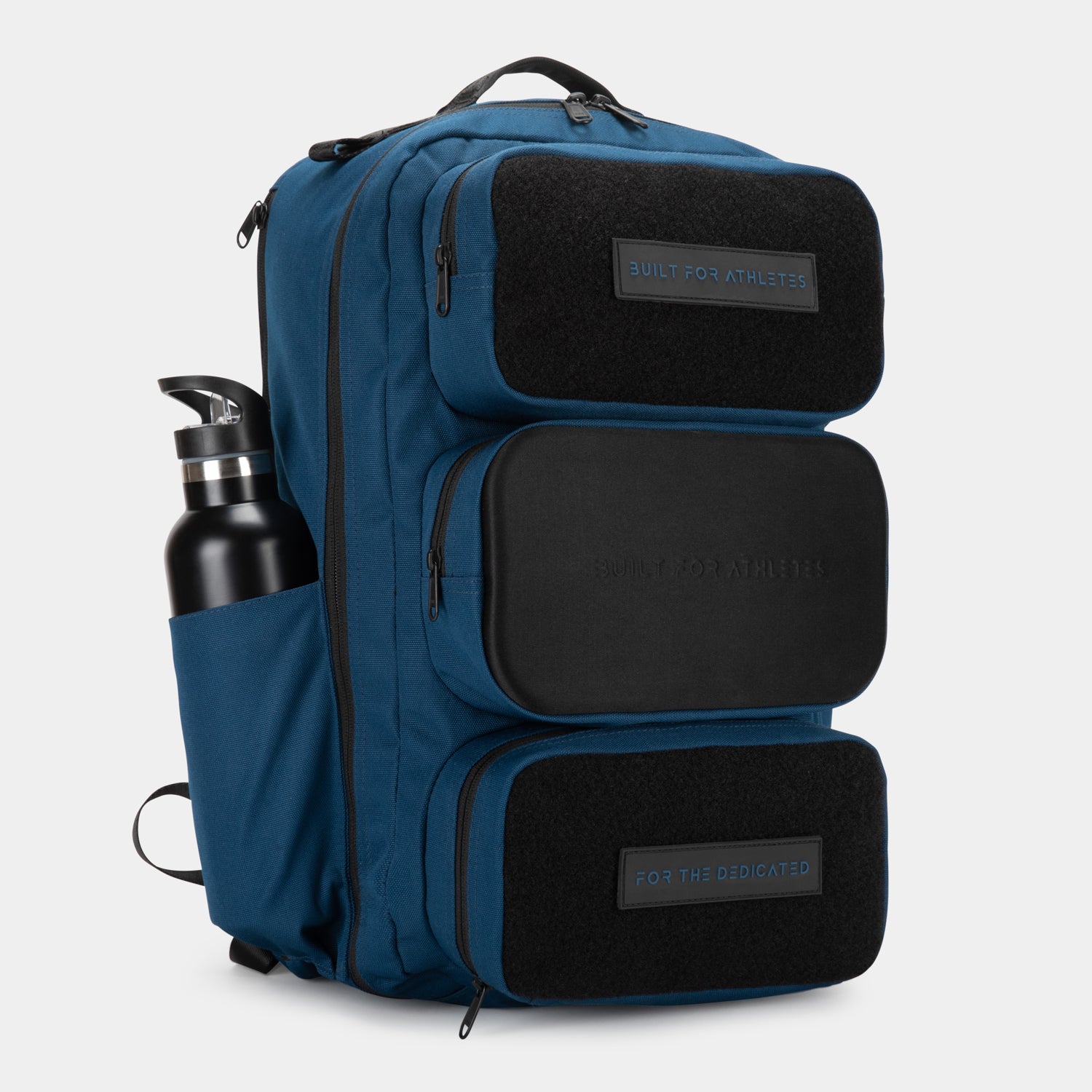

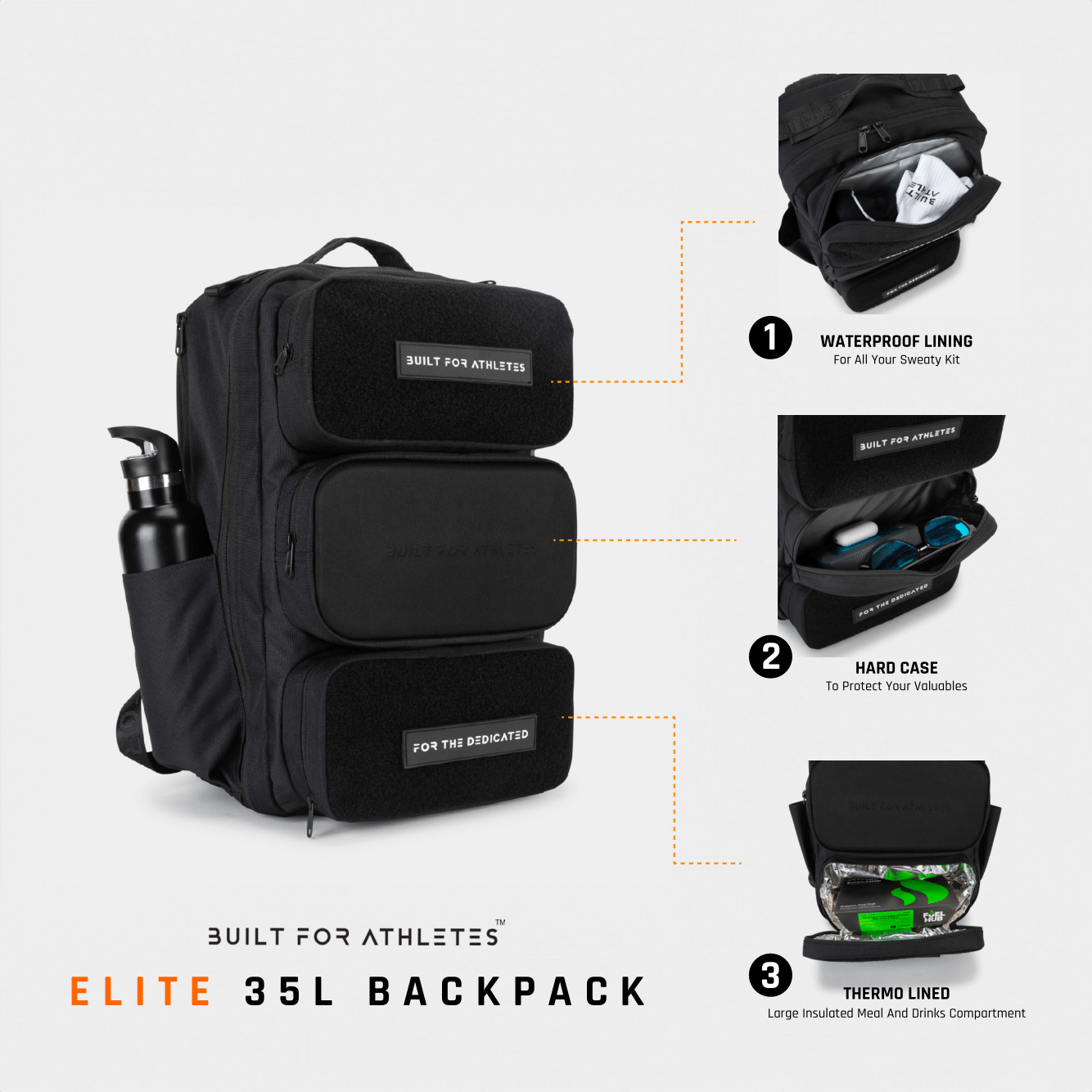




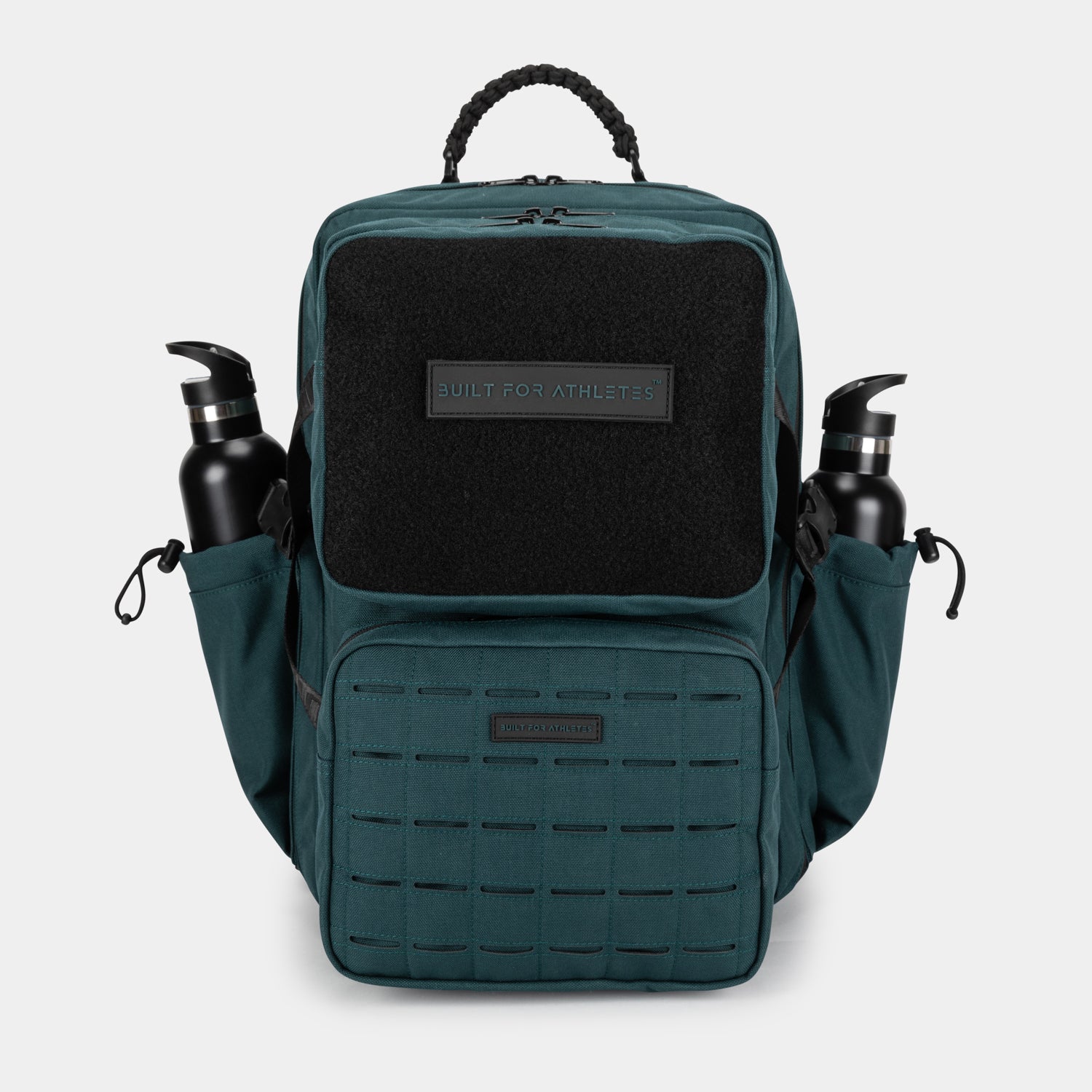
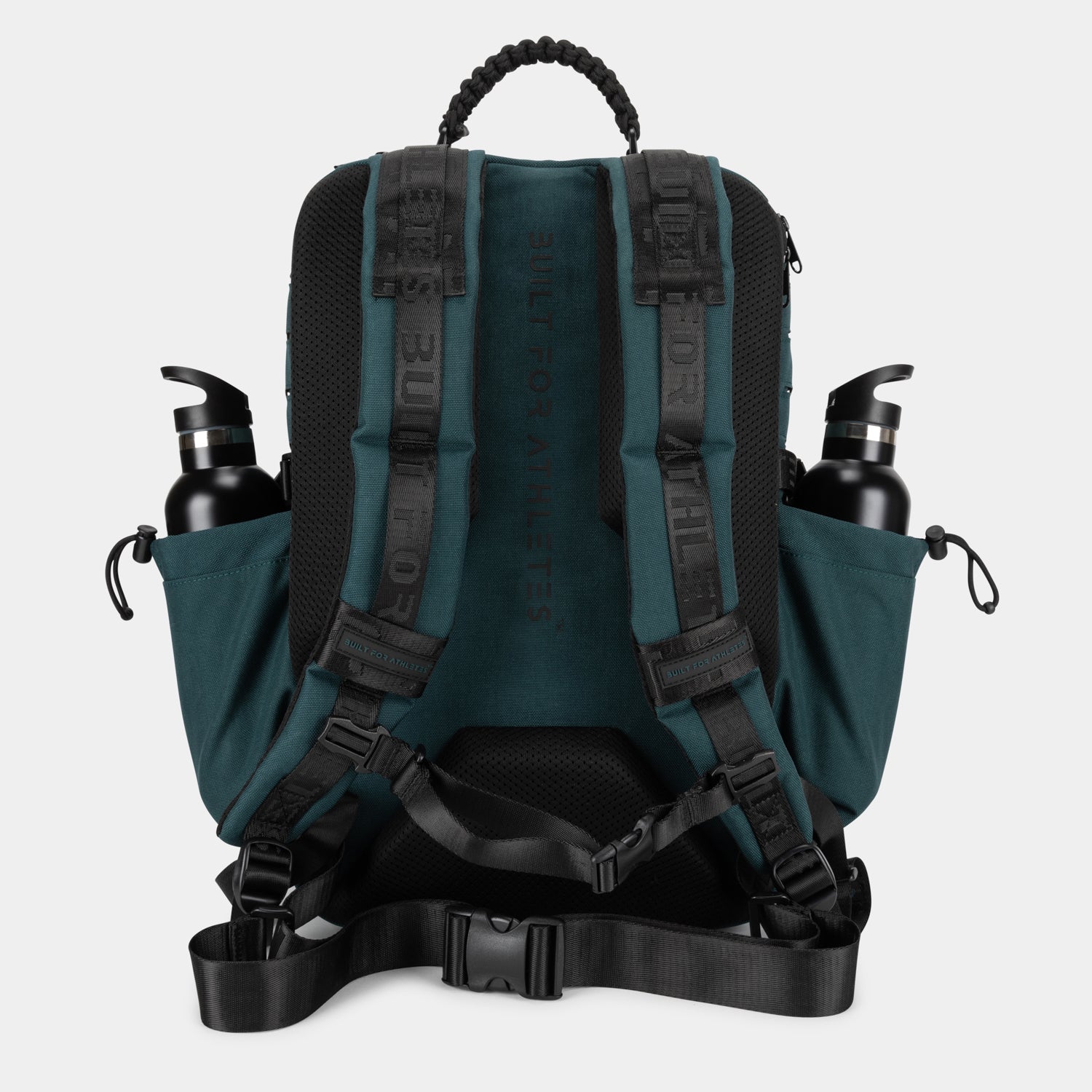

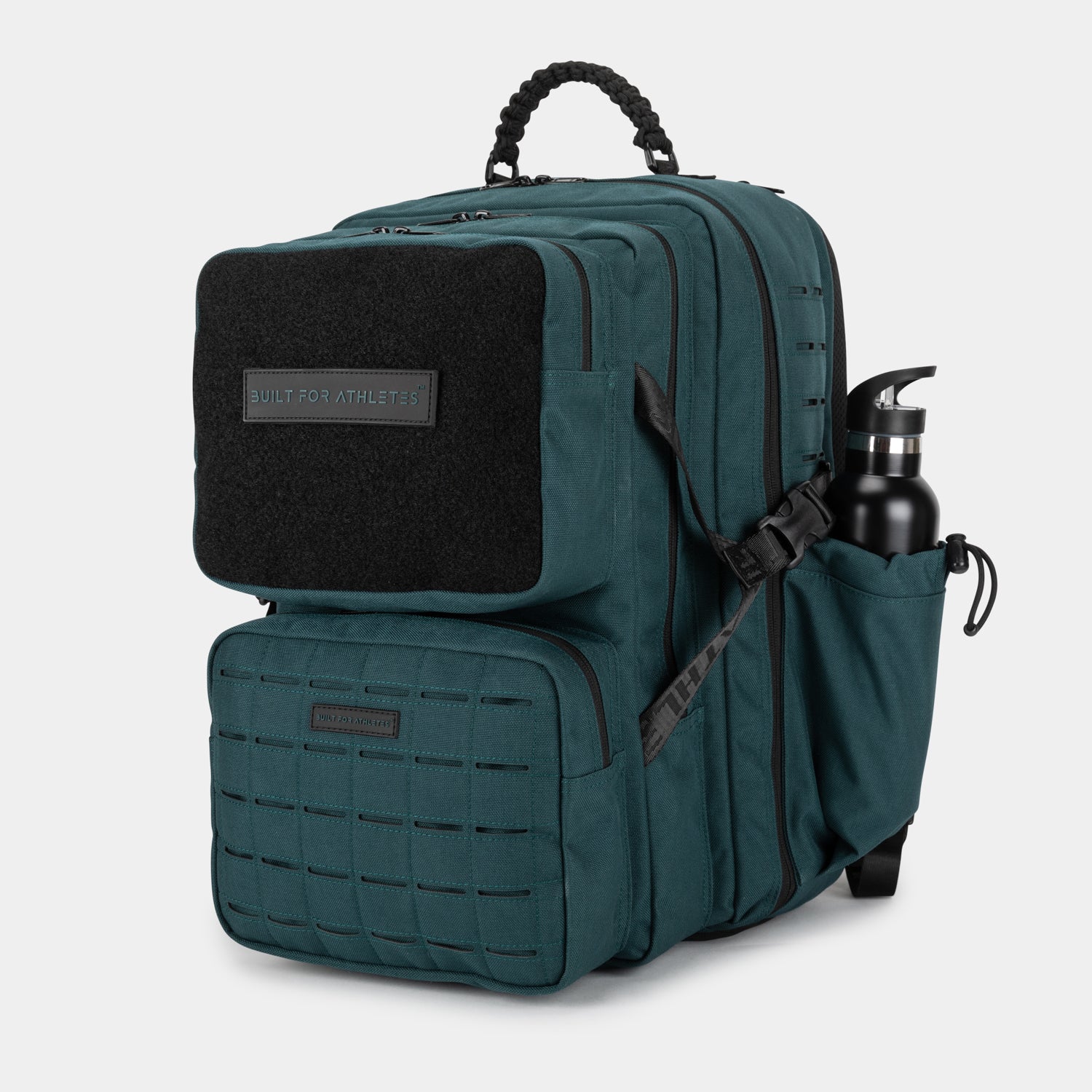

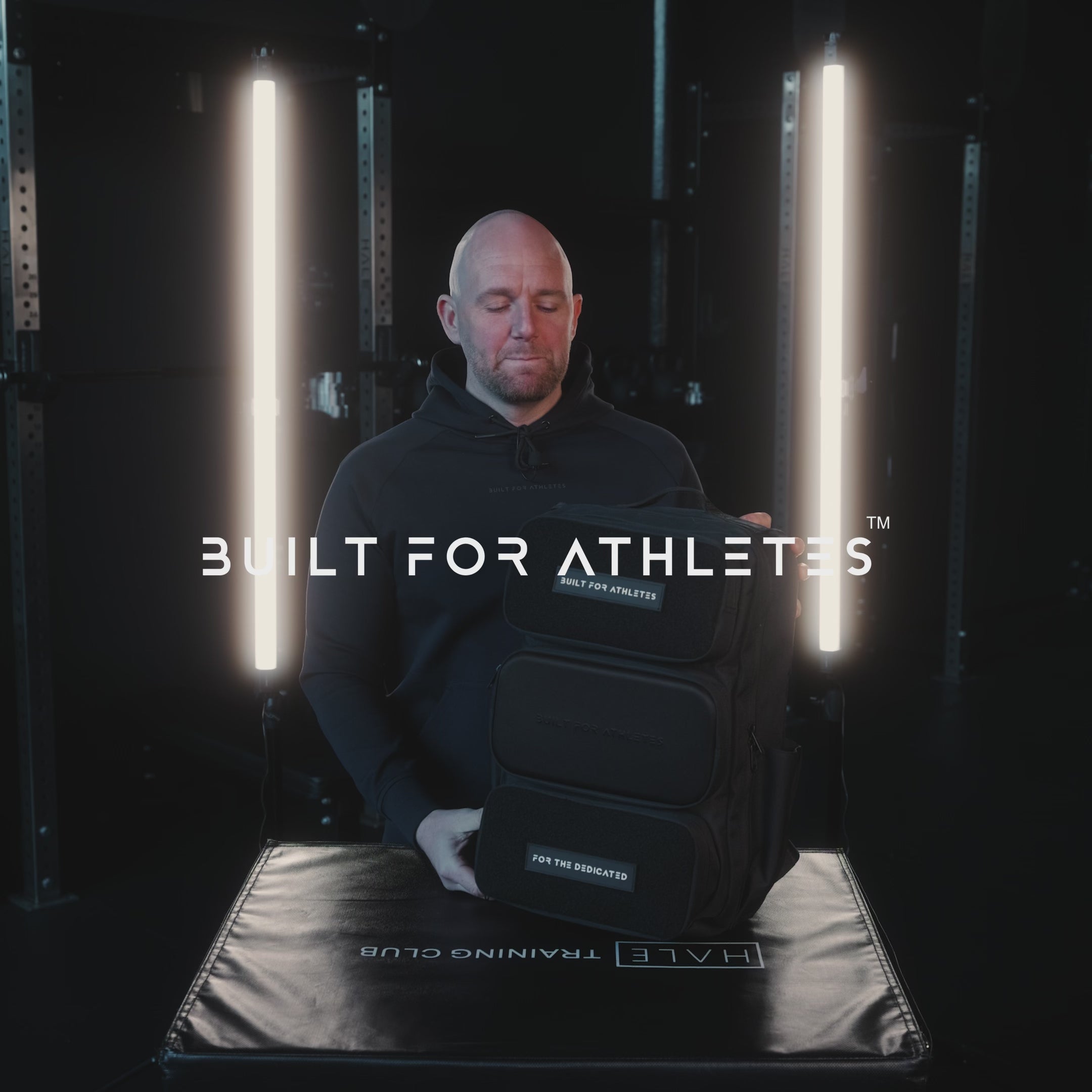
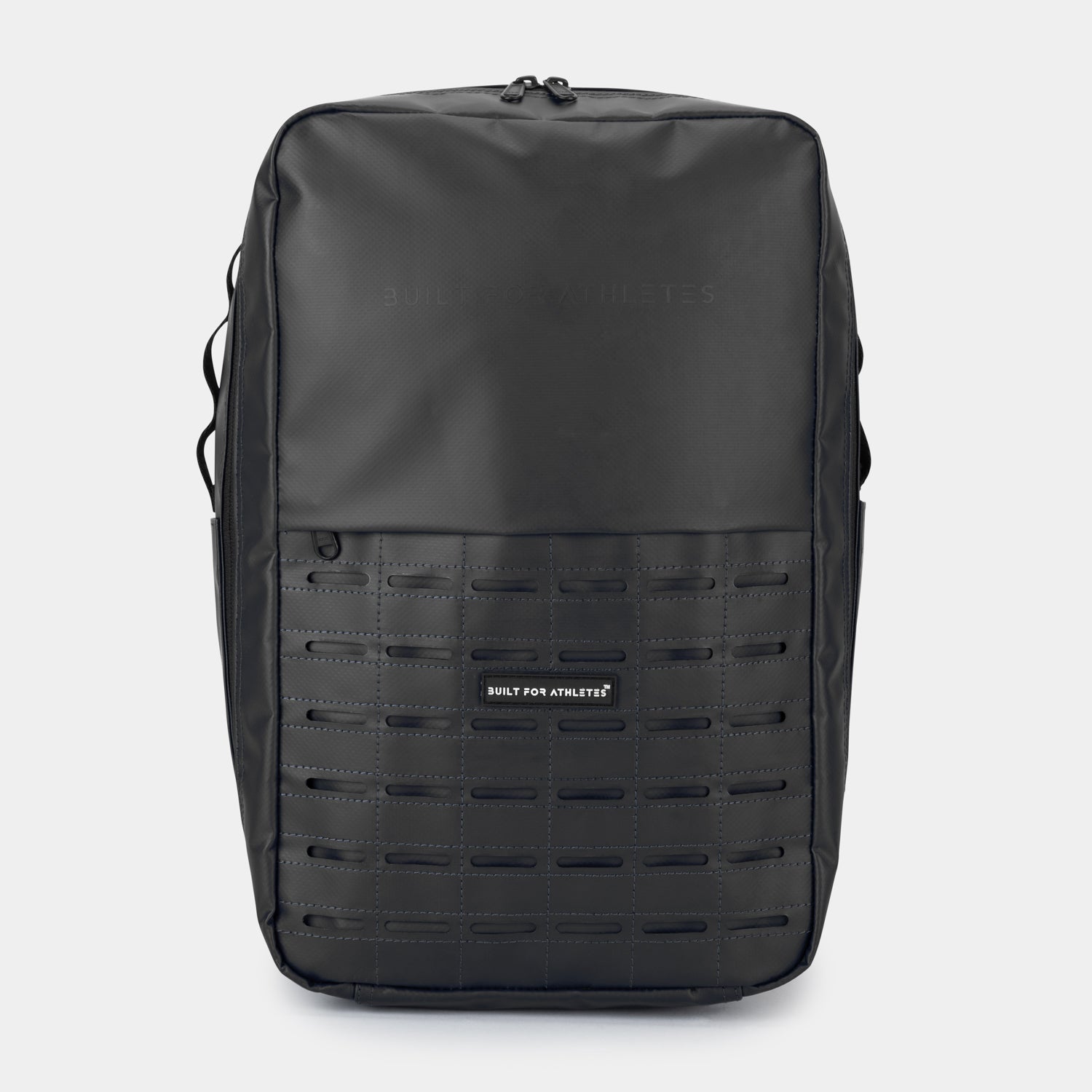
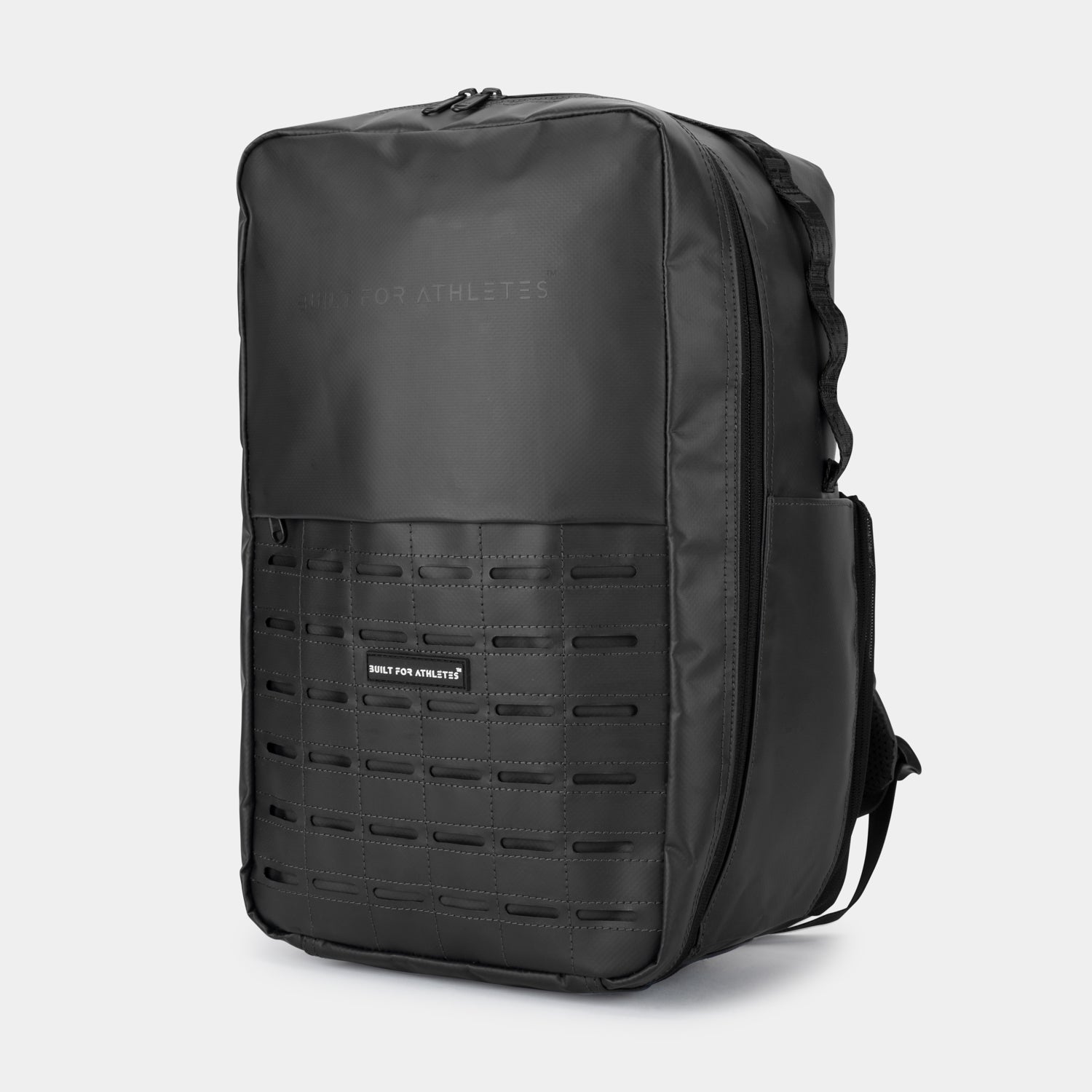
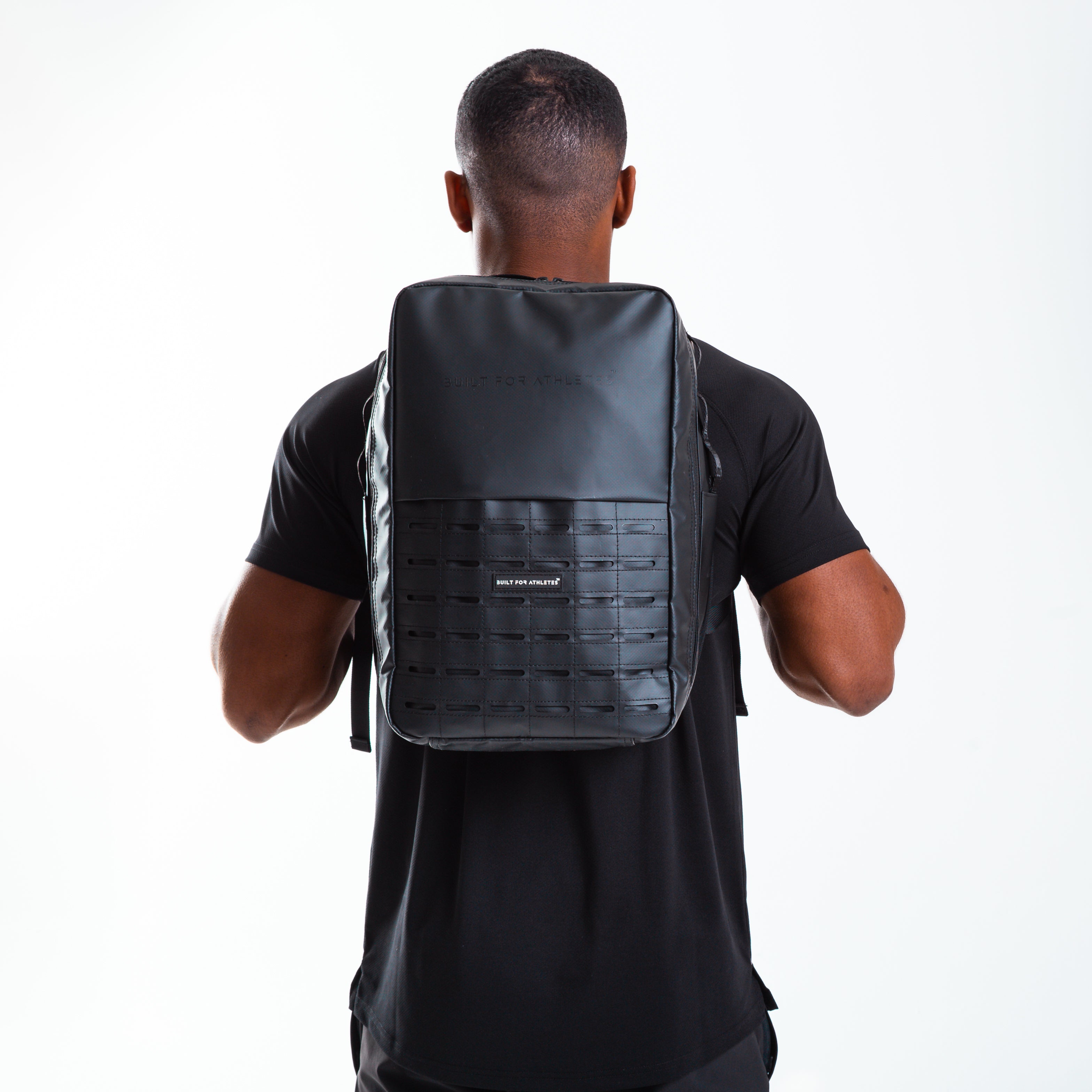
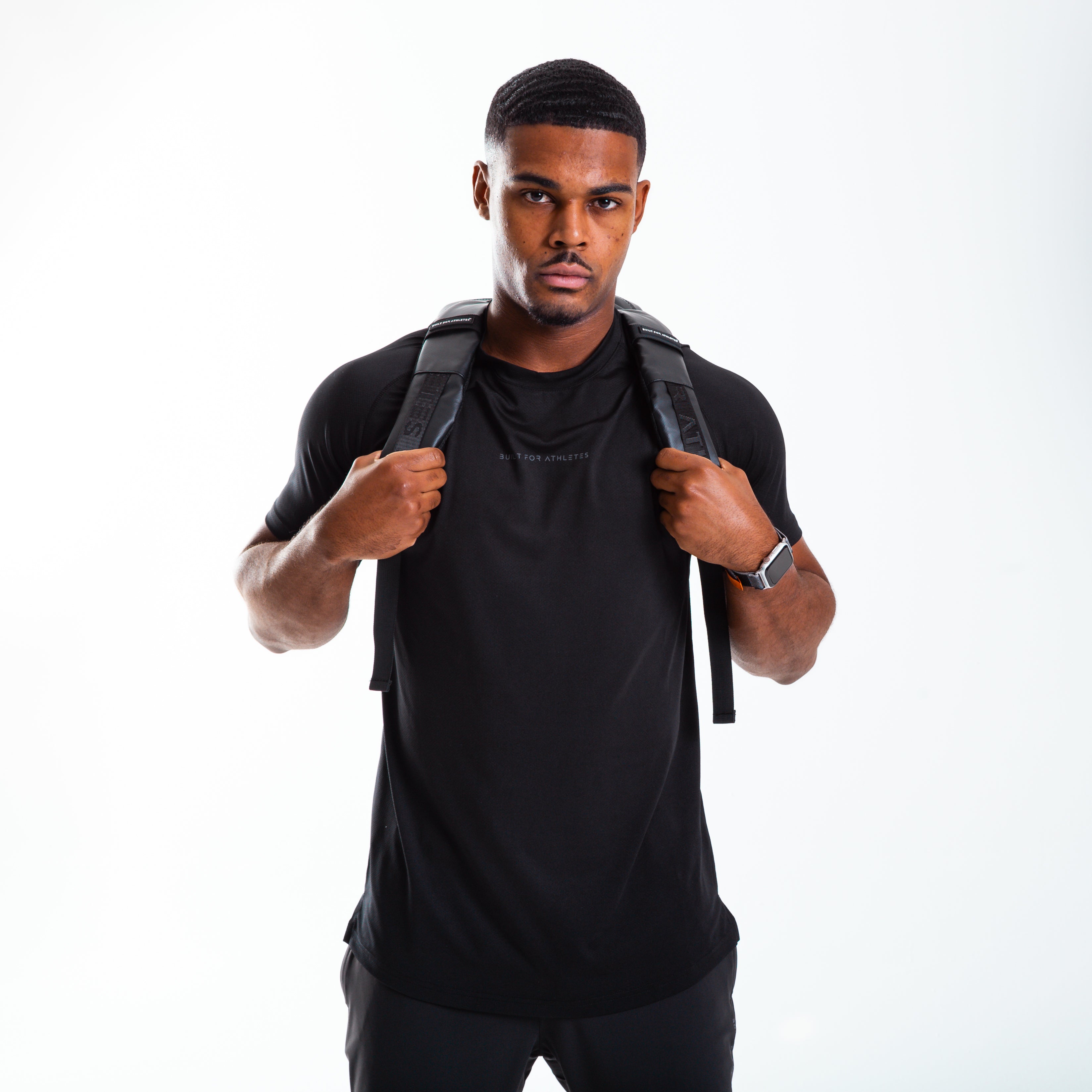



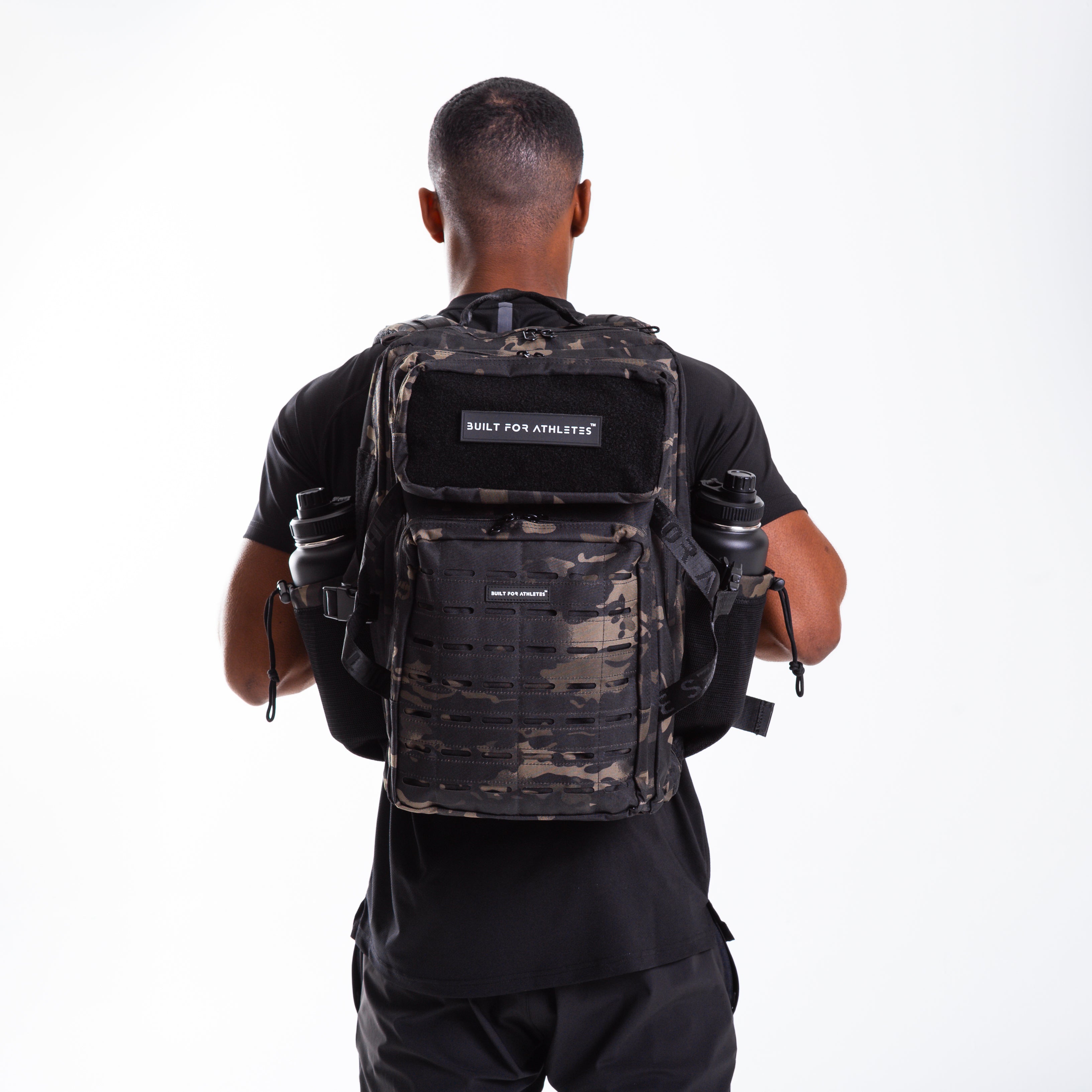
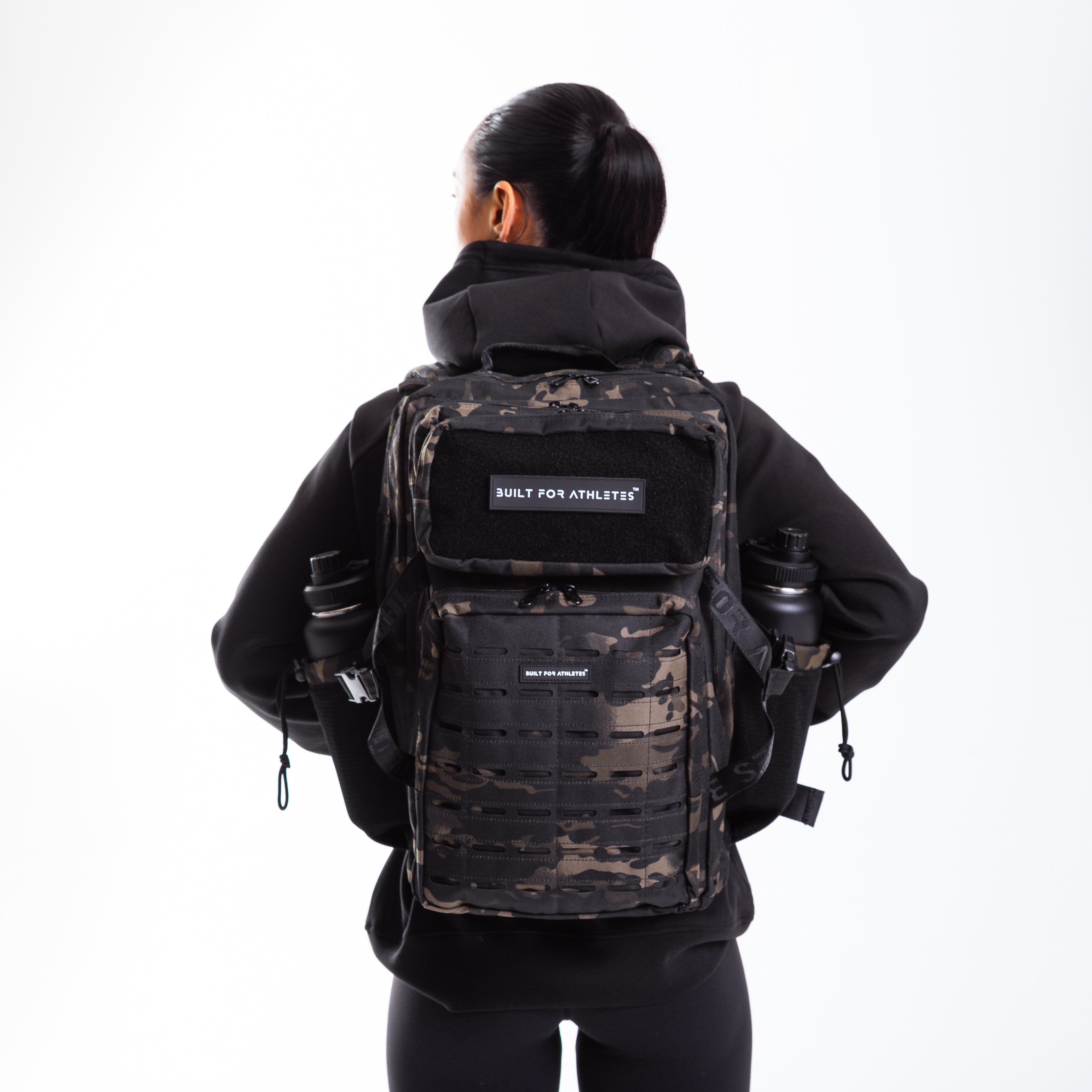
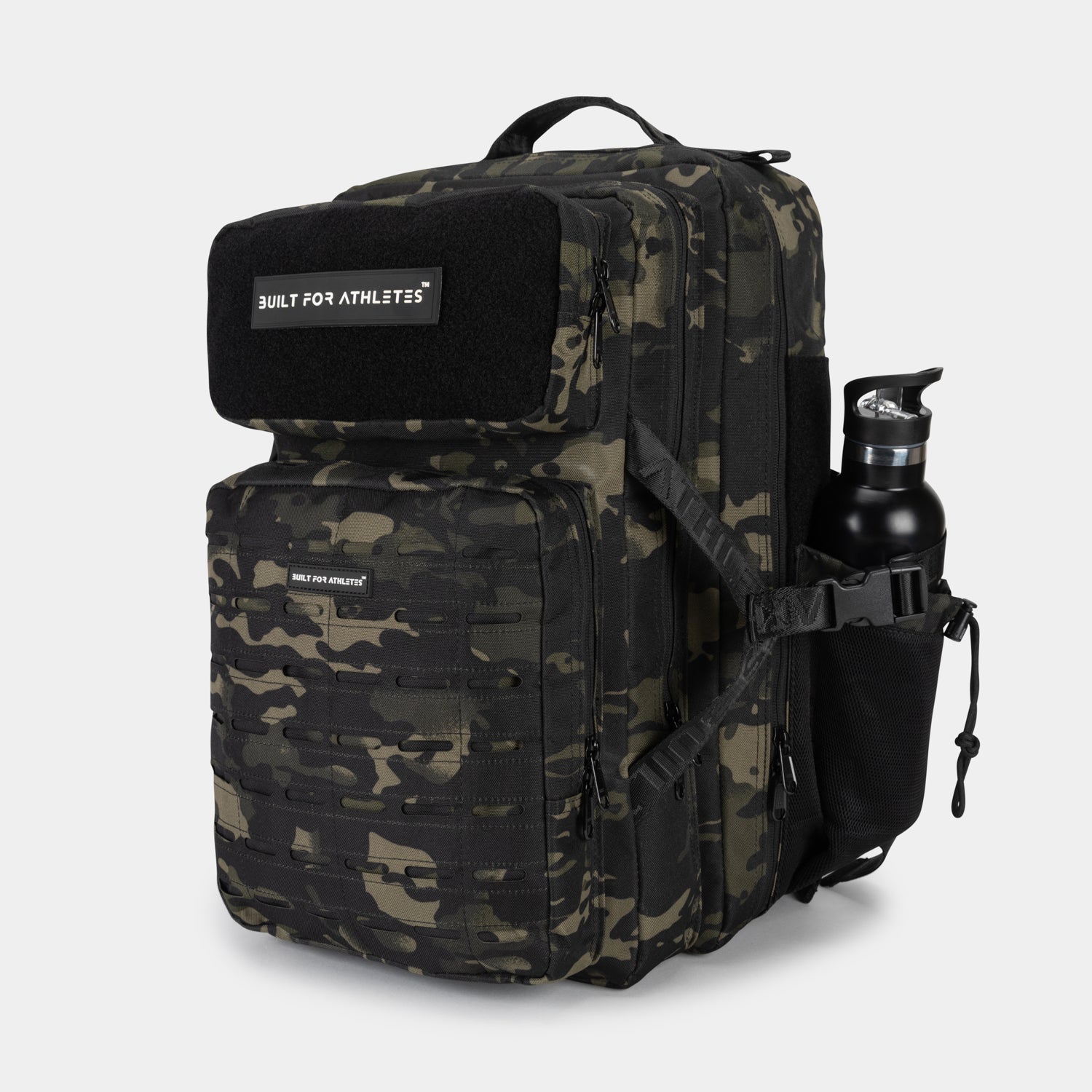
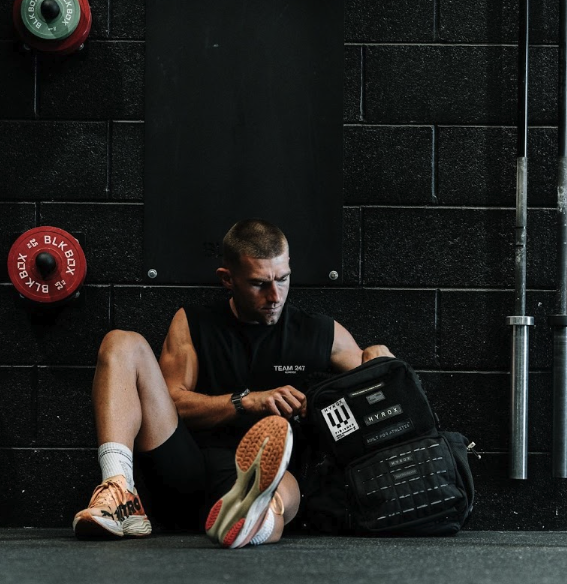
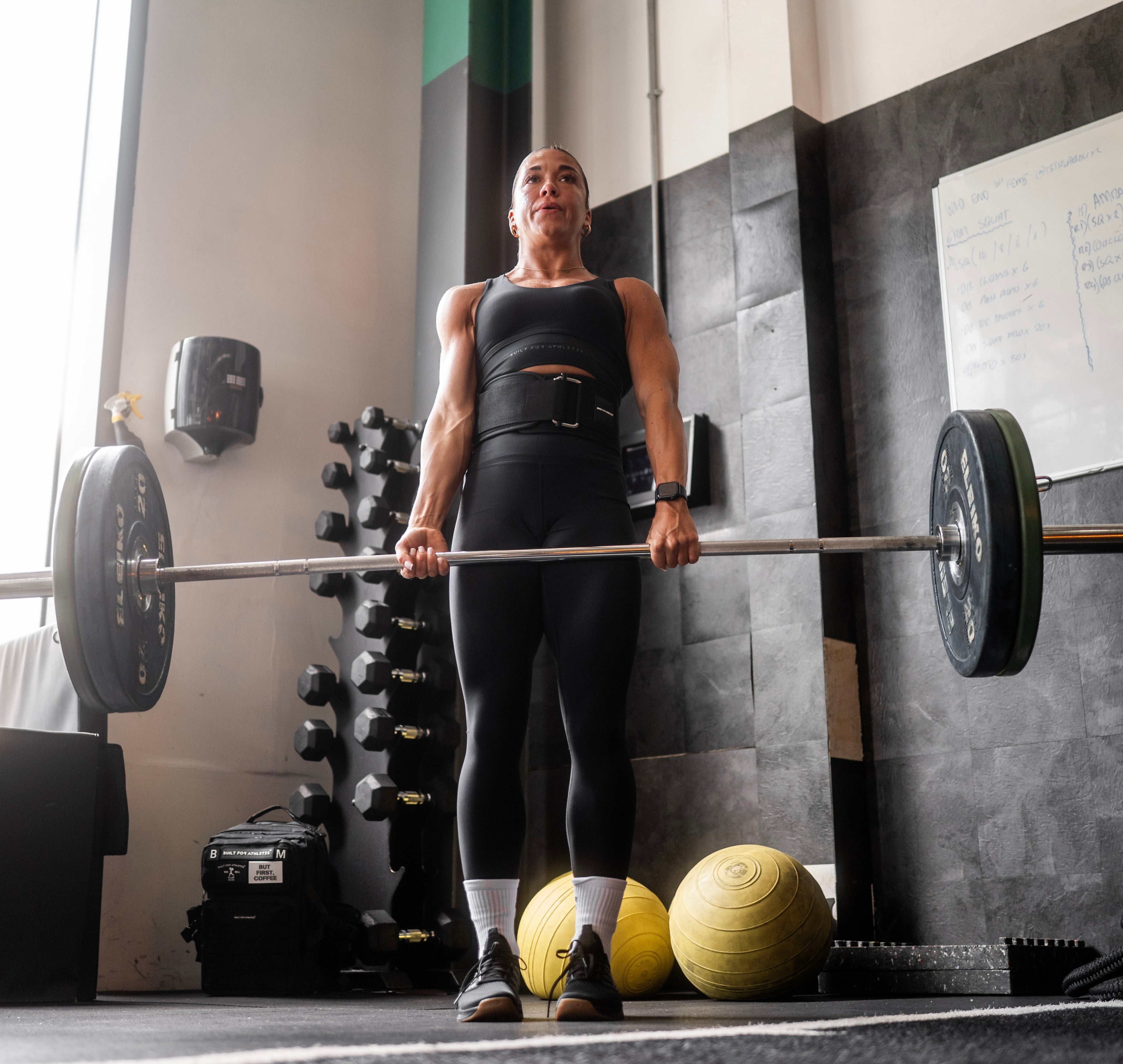
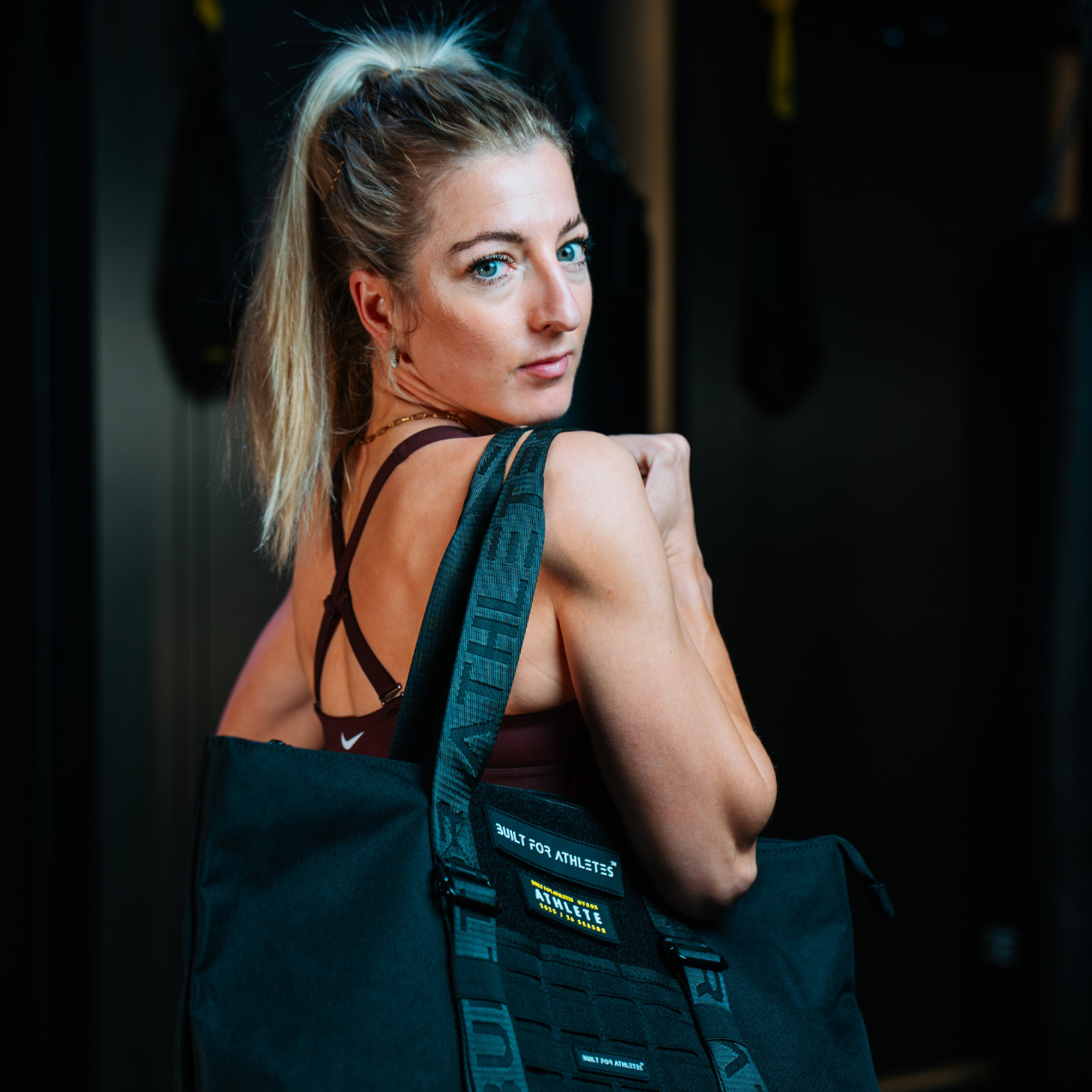
Share:
Can You Use Muscle Hydration Gels To Prevent DOMS & Improve Performance?
Top 6 Blenders For Making Smoothies